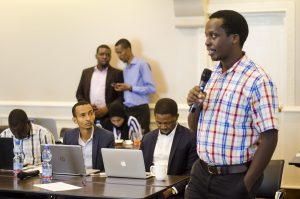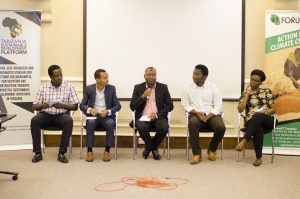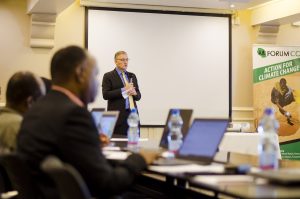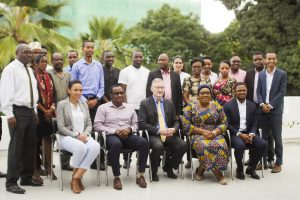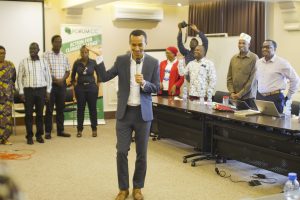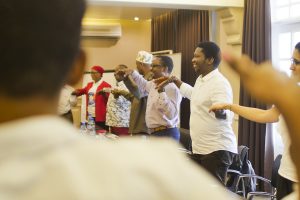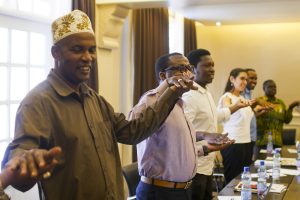civil society roles
Voluntary National Review
The Tanzania Civil Society VNR Report 2019 was coordinated by the Tanzania Sustainable Development Platform, a voluntary platform for CSOs in Tanzania to self-organize, self-coordinate, share experiences towards the implementation, follow-up and review of Sustainable Development in Tanzania.
As Tanzania is reporting for the first time to the High Level Political Forum, and it is the first time that there has been any coordinated effort to report on the SDGs in the country the report did not only focus on the goals that are being reported on this year, but also on all 17 SDGs and on vulnerable and marginalized groups through a dedicated chapter on Leave No One Behind. The report takes a closer look at the current implementation status of the SDGs in Tanzania on selected indicators for each of the 17 Goals. It also highlights the status of implementation, identifies the implementation challenges, gaps and offers recommendations and key messages as take away from CSOs in the country.
As a civil society report, it also focuses on interventions by civil society in Tanzania as they contribute towards the implementation of Sustainable Development Goals in the country.
The civil society interventions have been presented in the form of case studies throughout the report. The report highlights the localization of SDGs in Tanzania through the Five Year Development Plan II and MKUZA III for Tanzania mainland and Zanzibar respectively, and the bottlenecks that limit the implementation efficacy. This includes absence of a clear coordination mechanism on sustainable development, policy incoherence, unclear linkages between sectors, as well as lack of baseline data on some indicators among others.
CSOs Recommendations
Civil society organizations in Tanzania recommend the following with regard to overall implementation of SDGs in Tanzania:
- Policy coherence across sectors, most policies are pre-SDGs era, there is a need to review and realign the policy framework across all sectors
- Increase budgetary allocations on specific SDGs related targets that are priority to Tanzania Create awareness and ownership of the SDGs to the citizens
- Establish a formal coordination mechanism for SDGs, that adopts a multi stakeholders approach to ensure representation and inclusion
- Strengthen and capacitate the Commission for Human Rights and Good Governance as an independent institution capable of making binding decisions
- Gender equality and women empowerment should be mainstreamed across the board, at all levels of planning and implementation of National SDGs targets.
- Integration of Climate Change priorities in Local Government Authorities plans and strategies, as well as budget allocations.
- Timely, effective and full disbursement of funds allocated for development projects in government budgets
- Cost and finance the implementation of the National Development Plans, the Five Year Development Plan II and MKUZA III, which are the main implementation vehicles for SDGs inTanzania.

